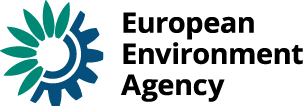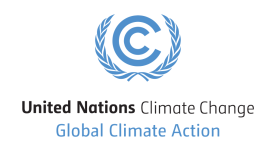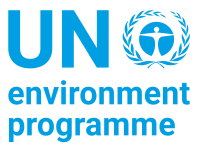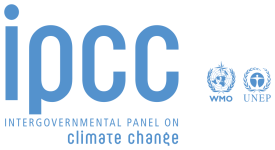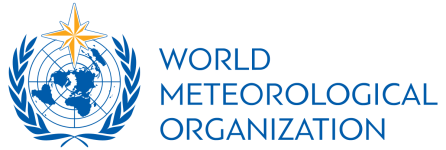The EEA is an agency of the EU whose task is to provide independent information on the environment. By providing independent information to policymaking agents and the public, the EEA supports sustainable development. It covers four themes: air and climate, nature, sustainability and well-being and economic sectors.
The UNFCCC is a UN entity that facilitates intergovernmental climate change negotiations. Its secretariat supports negotiations by providing technical expertise and assists in the analysis of climate change information. The UNFCCC organises the Conference of Parties, the largest annual UN conference.
The UNEP is an agency of the UN whose task it is to set the global environmental agenda and promote a coherent implementation of the environment protection plans and sustainable development. It covers seven themes: climate change, disasters and conflicts, ecosystem management, environmental governance, chemicals and waste, resource efficiency and reviewing the state of the environment.
The IPCC was created by the WMO and UNEP to provide governments with scientific information to contribute to the development of climate change policies. Experts volunteer by assessing scientific papers about the drivers for climate change, its impact and future risks, and how adaptation and mitigation can reduce those risks. The assessment is reviewed by other experts and one of the 195 member states' governments.


